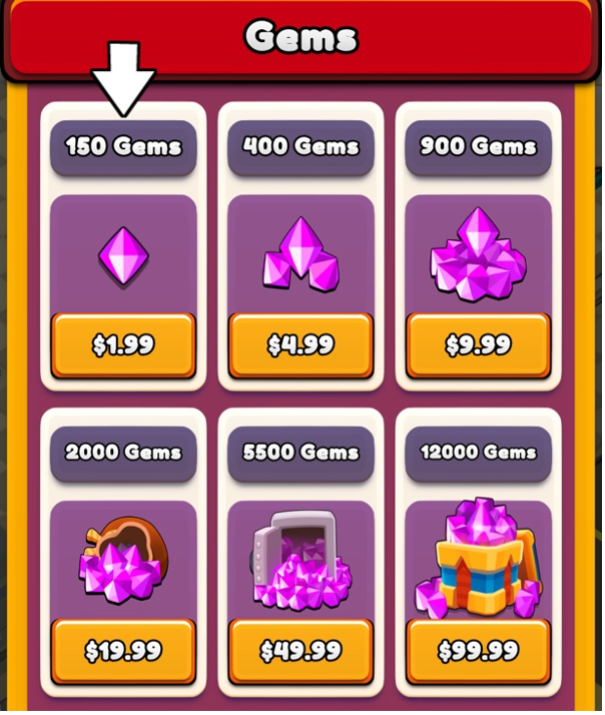This is an attempt on generating Blog articles with AI based on human written text. Dont bother reading it.
How to get free gems online (fast)
Published on November 30, 2024
TCG Shop Simulator 2: A Closer Look at how not to validate user input
Free-to-play games have captivated many of us, often leading to questionable investments of time and money. My latest obsession is TCG – Card Shop Simulator 2, a game that perfectly exemplifies the highs and lows of modern mobile gaming.

Bad, Worse, Paywalls
The PC version of this game is getting significant hype—and for good reason. It's a somewhat addictive experience. But as i did not want to spend Money on yet another hype early-access-indie-games,i chose the ✨Mobile Experience✨. It's the usual tale of artificial wait times and cash grabs. At first glance, it's easy to avoid spending money. However, the game features a leaderboard determined by points, which you can earn by selling cards or upgrading things. And what helps you upgrade? You guessed it—diamonds, the premium currency.
When you don't have enough diamonds, you're left with two options: spend real money or get creative. This brings me to a tried-and-tested method for bypassing such constraints—manipulating game data.
Exploring the Game's Data
Unlike simpler idle games where you can edit save files, TCG – Card Shop Simulator 2 is an online game. Cheating here requires a more hands-on approach, analyzing how the app communicates with its server. Let's break down the process:
- When you attempt an action like spending diamonds, the app sends a request to the server with details like your account ID, session token, and the action.
- The server checks whether you have enough diamonds and processes the request accordingly.
- By intercepting and modifying these requests, you can alter the game's behavior.
For example, instead of reporting that you've earned 50 diamonds from an achievement, you can modify the request to claim 200,000 diamonds. The server, thinking it's a legitimate transaction, updates your account.
The Ethics of Cheating
It's worth noting that I only engage in this kind of manipulation for personal amusement, especially in games that don't involve player-versus-player interaction. There's nothing worse than competing against obvious cheaters in a PvP system. However, when faced with exploitative monetization tactics, I find this to be a harmless way to regain some control.
Developers deserve to earn money for their work, but predatory practices like paywalls, forced ads, and overpriced premium currencies undermine the gaming experience. These tactics often push players to feel inadequate unless they spend money, creating an unhealthy dynamic.
A Final Note
My exploration of TCG – Card Shop Simulator 2 has been a fun distraction, offering insights into how modern games are designed to maximize profits. For me, it's also a reflection of what I do professionally—analyzing and testing systems, though usually for websites of banks, governments, and other institutions.
In the end, I'll likely delete my account or intentionally trigger a ban to avoid contributing to the game's ecosystem. It's been a fun experiment, but it's time to move on.